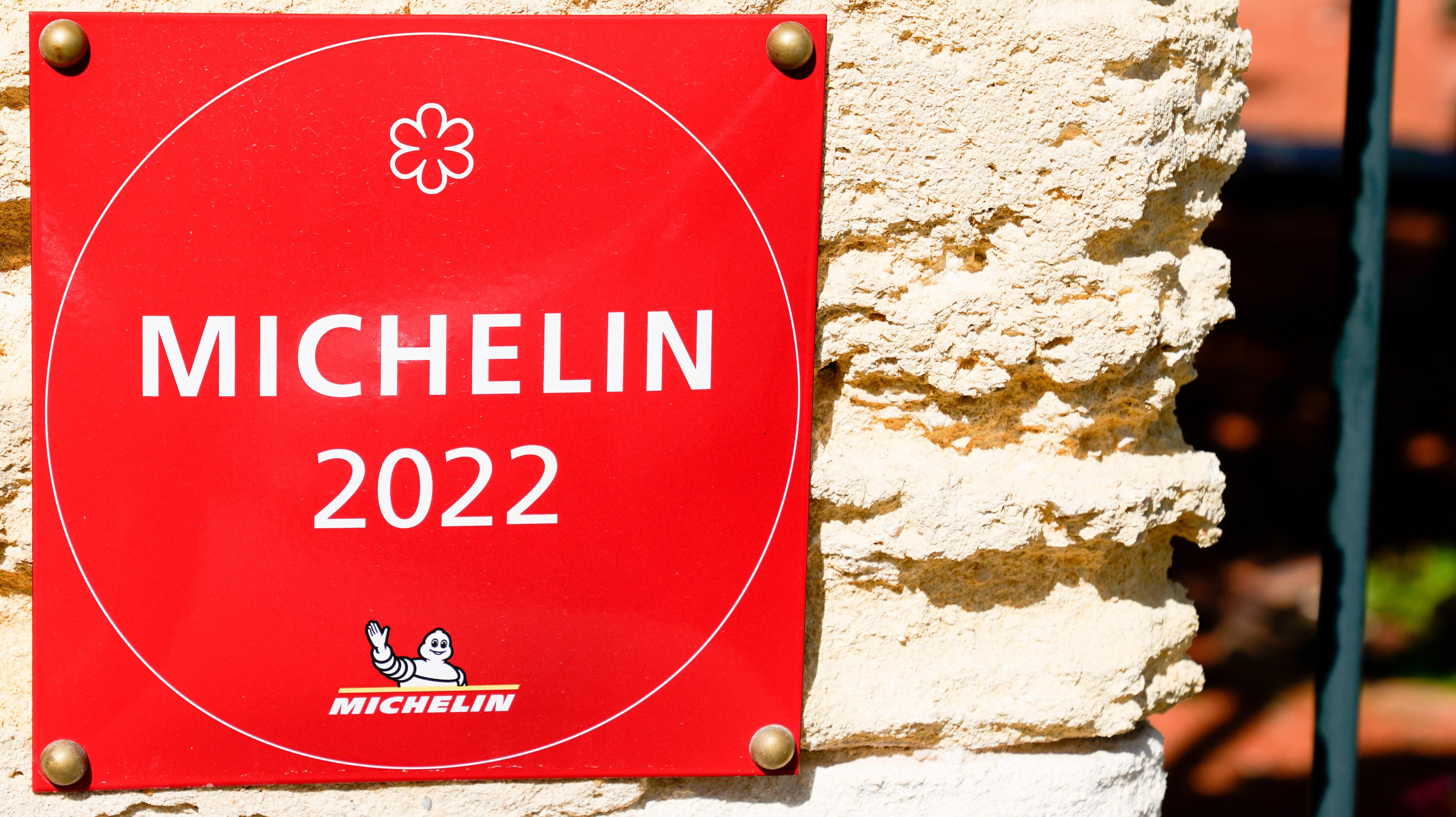What It Means To Lose A Michelin Star
It can be emotional for a chef, but does it really change anything about the restaurant?
Look out, restaurant world, Bibendum has struck again. You may know him by his colloquial nickname, "The Michelin Man," but that bulbous bodied character has a name. And because the folks who actually review restaurants and dole out stars are anonymous, Bibendum becomes the de facto villain when restaurants are looking for someone to blame for their exclusion from the annual Michelin dining guide. Certainly most restaurants don't anticipate getting the exclusive honor of a coveted Michelin star—after all, if everyone got stars they wouldn't be as coveted. But what about when restaurants have their stars taken away? Sleep with one eye open, Bibendum.
What happens when a restaurant loses its Michelin star(s)
It may seem like I'm being dramatic, but the chefs who lose stars have been known to take it very personally. CheatSheet reported that Gordon Ramsay equated losing his Michelin stars in 2014 to breaking up with a girlfriend. In a Norwegian TV interview Ramsay admitted he cried when it happened, saying, "It's a very emotional thing for any chef. It's like losing a girlfriend. You want her back." In 2019, French chef Marc Veyrat took Michelin to court over the loss of his Michelin star.
This year, the removal of Michelin stars from iconic New York restaurants like Peter Luger, a Brooklyn steakhouse that's been a destination for more than a century, has some wondering what changed at these beloved spots, Grub Street reports. Other notable restaurants that lost stars in this year's NYC guide include Carbone and Marea.
Taking away stars has been a practice since the guide first dropped. Even in 2021, when Michelin touted its support of an industry that was being hit hard by the pandemic, the guide demoted several restaurants, Eater London reported. Restaurants in the guide are regularly visited by those anonymous Michelin reviewers, and depending on the consistency or improvement in service, more stars could be awarded in subsequent years. Of course if there is inconsistency and things become less than satisfactory, those stars can be taken away.
What does that mean for the restaurant? Despite the emotional turmoil it may cause the chef, it ultimately might not affect business.
We don’t need Michelin stars
Back in the 1920s when the Michelin Guide was created, there was no other publication out there gathering and ranking restaurants so comprehensively. For many, it was the only resource for figuring out if a new restaurant was worth the trip—a trip that would have been much more arduous back then.
In modern times, the Michelin stars feel closer to obsolete. It's an interesting news item when a restaurant is awarded one unexpectedly, but there are plenty of other "prestigious" accolades that reward various aspects of bars and restaurants, like the James Beard Awards. There are also much easier, more instantaneous ways to search for restaurant recommendations and reviews from people online whom you can see and connect with, not just an anonymous source who may have completely different tastes and standards from your own. Any restaurant that is already at the level of being considered for a star, or had one at all, is likely to maintain its fans and continue to generate interest no matter what Michelin says.
There are many chefs who are starting to reject the idea of the stars in the first place. The first chef to reject his stars was Marco Pierre White—in 1994 he was the youngest chef to achieve three Michelin stars only to renounce them five years later in 1999, CNN reports. More recently in 2017, chef Sébastien Bras requested that his restaurant Le Suquet be removed from the Michelin Guide, rejecting the stars awarded because, according to Mashed, it put too much pressure on the business. In 2018, chef André Chiang of Restaurant André did the same. And Like chef Veyrat, chef Eo Yun-gwon also took Michelin to court, but did so because he did not want to be included in the guide.
There's not one single distinction that makes restaurants worth visiting. You don't have to take the findings of Bibendum and his anonymous colleagues as gospel. If your favorite spot loses its stars, you're likely going to keep eating there anyway. And if that's the case, be extra nice to the chef while they're dealing with the breakup—soon they'll realize they're better off without all those pesky stars.
